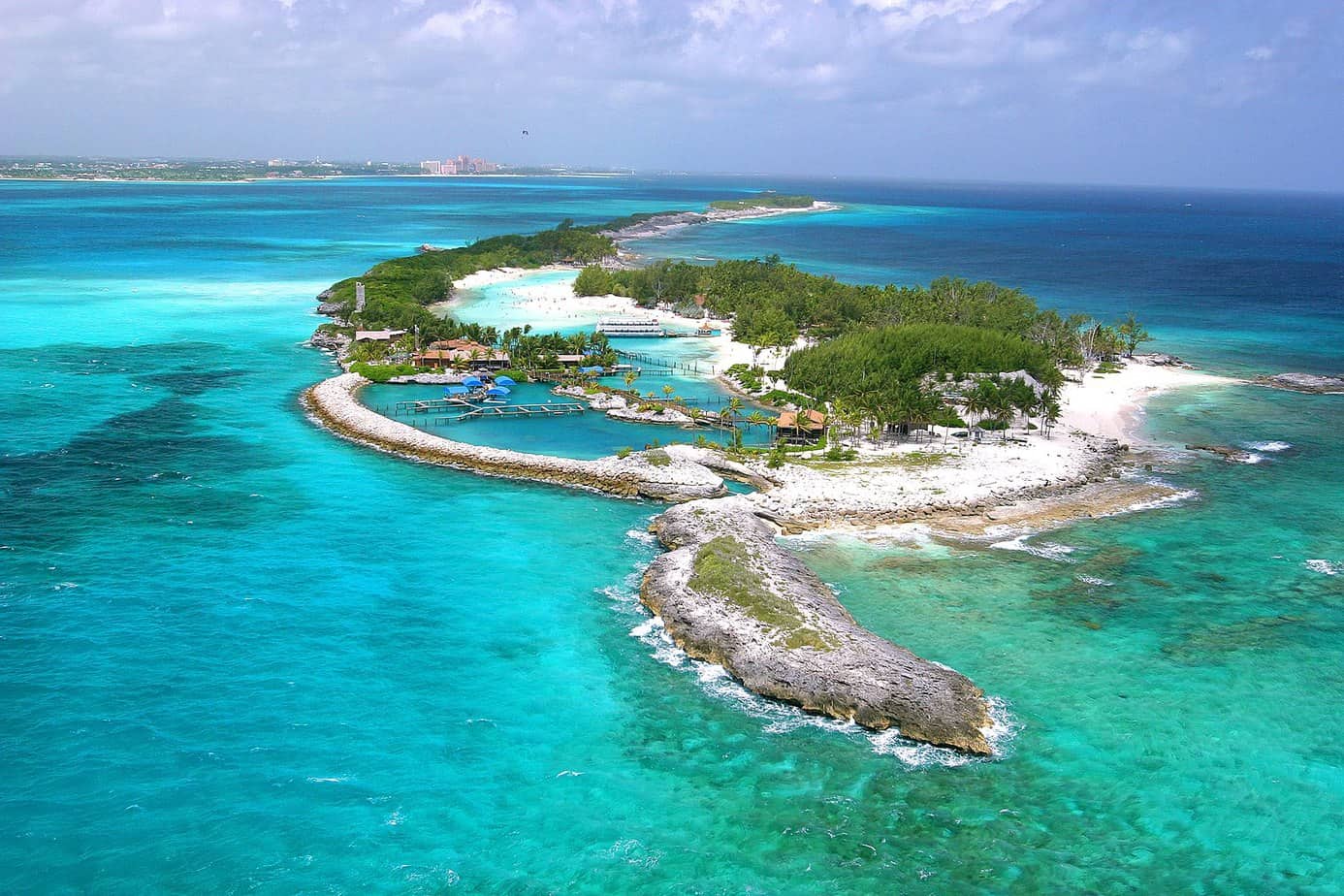jacksondwj.com – Stretching across the western Atlantic Ocean, The Bahamas is a captivating archipelago that beckons travelers with its crystal-clear waters, powdery beaches, and vibrant marine life. Comprising 700 islands and over 2,000 rocks and cays, this tropical paradise is a mosaic of natural beauty, cultural richness, and historical significance.
Geography and Natural Wonders
The Bahamas archipelago is located northeast of Florida and southeast of the Atlantic coast of the United States. The islands are divided into three main groups: the Bahama Banks, the Ragged Islands, and the Out Islands. The most famous of these is New Providence, where the capital city, Nassau, is located. The Exumas, Abaco, and Eleuthera are other notable island chains, each offering unique landscapes and experiences.
The archipelago is renowned for its underwater world, with the world’s third-largest coral system, the Andros Barrier Reef. Divers and snorkelers flock to these waters to explore vibrant coral gardens, swim with dolphins, and encounter a plethora of marine species. The waters around The Bahamas are also famous for their shipwrecks, offering adventurers a glimpse into the region’s storied past as a haven for pirates.
History and Culture
The history of The Bahamas is as rich and varied as its landscapes. The archipelago was first inhabited by the Lucayan Indians, who were later displaced by European settlers. The Bahamas gained notoriety as a pirate stronghold in the 17th and 18th centuries, with famous pirates like Blackbeard and Calico Jack making their mark.
Today, the culture of The Bahamas is a blend of African, European, and indigenous influences. Junkanoo, a lively street parade with music, dance, and colorful costumes, is a highlight of the cultural calendar, celebrated with particular fervor during the Christmas and New Year’s festivities.
Economy and Tourism
Tourism is the backbone of The Bahamas’ economy, with visitors drawn to the islands’ natural beauty, luxury resorts, and duty-free shopping. The archipelago is also known for its exclusive private islands, where the rich and famous seek seclusion and privacy.
Beyond tourism, The Bahamas has a robust financial services sector, with a reputation for being a leading offshore banking center. The government has also invested in sustainable development, aiming to protect the delicate ecosystem that supports both its economy and way of life.
Attractions and Activities
The Bahamas offers a plethora of attractions and activities for visitors. From the bustling streets of Nassau to the secluded beaches of the Out Islands, there is something for every traveler. Water sports enthusiasts can enjoy snorkeling, diving, fishing, and boating. Nature lovers can explore national parks, bird sanctuaries, and the unique ecosystem of the Inagua Islands, which is home to the largest flamingo colony in the Western Hemisphere.
For history buffs, the historic sites of Nassau, such as the Queen’s Staircase and Fort Fincastle, offer insights into the colonial past. The Bahamas National Trust manages numerous sites across the archipelago, preserving the natural and cultural heritage for future generations.
Environmental Conservation
The Bahamas government and various organizations are committed to environmental conservation efforts. The establishment of marine protected areas, turtle sanctuaries, and bird reserves is crucial in maintaining the delicate balance of the archipelago’s ecosystems. Sustainable tourism practices are also being promoted to ensure that the natural beauty of The Bahamas is preserved for future generations.
In conclusion, The Bahamas is a captivating archipelago that offers a unique blend of natural wonders, cultural richness, and historical significance. Whether you’re seeking adventure, relaxation, or a deeper connection with nature and culture, The Bahamas invites you to explore its many treasures.
